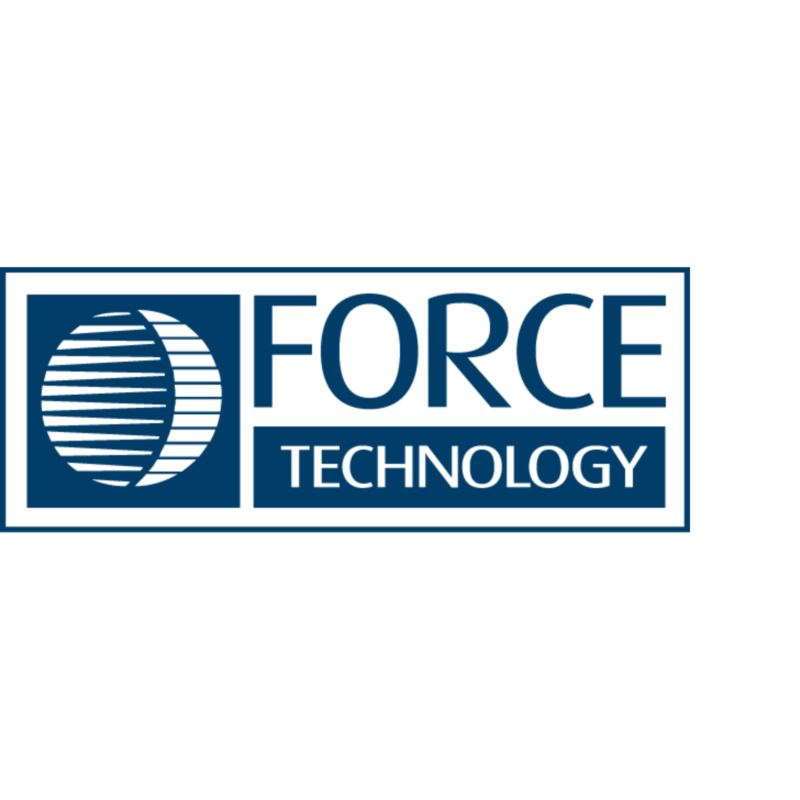IDSA: Welcome, Antoine! The release of the training catalog for the Data Space Professional Qualification Programme is an important development. What does this mean for professionals aiming to enhance their knowledge?
Antoine Garnier: The catalog provides an overview of available training courses from different training providers in different locations and setups, allowing professionals to register for the courses that fit their needs. It’s a step towards making data space education accessible and structured.
IDSA: What was the main driver behind creating this programme?
Antoine Garnier: The shift towards data spaces has highlighted a skills gap. Organizations need experts who can move beyond theory and put data space concepts into practice. This programme is designed to bridge that gap by offering structured training and professional certificates, equipping professionals with practical knowledge.
IDSA: What courses can participants currently take, and what can they expect from them?
Antoine Garnier: Right now, the first Authorized Training Provider SQS offers the Data Space Fundamentals course, which introduces key concepts such as data space architecture, governance, and data sovereignty. It’s perfect for those starting their journey. The Business and Technical Consultant courses will follow in early 2025, offering more specialized knowledge.
IDSA: Could you tell us about the roles targeted by this programme?
Antoine Garnier: The programme focuses on two primary roles: Data Space Technical Consultant and Data Space Business Consultant. Each qualification validates a specific set of skills. The Technical Consultant course prepares IT professionals to design and implement trusted data-sharing solutions, while the Business Consultant course equips business professionals to develop strategies and integrate data spaces into operations.
IDSA: How does the Data Space Body Of Knowledge (DSBOK) support this initiative?
Antoine Garnier: The DSBOK is central to our training efforts. It’s a dynamic resource that brings together expertise from practitioners within the IDS community. This guide is the host of the existing IDSA Qualifications (Data Space Fundaments for now, Data Space Business Consultant and Data Space Technical Consultant in the future) with detailed syllabus to help training providers align their courses with our standards.
IDSA: What role does the Working Group Training play in this process?
Antoine Garnier: The Working Group Training is vital for collaboration. It’s a space where professionals, trainers, and organizations come together to refine the DSBOK, exchange ideas, and set training criteria. This ensures the programme stays relevant and maintains a high standard.
IDSA: Who is eligible to join this working group?
Antoine Garnier: It’s open to IDSA members, who will also have exclusive access to the DSBOK. This helps maintain the quality and consistency of our training efforts within the association.
IDSA: How can training providers get involved?
Antoine Garnier: We encourage training providers to apply and become Authorized Training Providers in order to align their course materials with the DSBOK. This not only ensures quality but provides them with support as they develop courses that prepare learners for examination leading to IDSA Professional Certificates. It’s a collaborative effort that benefits both learners and providers.
IDSA: Thank you for your insights, Antoine. We’re eager to see the positive impact this programme will have.
Antoine Garnier: Thank you! I’m looking forward to seeing how this initiative helps shape the future of data spaces.










